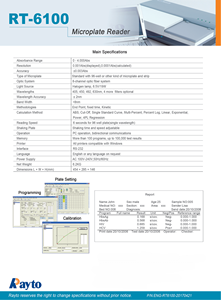Introduction to Clinical Calculations
Clinical calculations are essential tools utilized in the healthcare industry to ensure precise and effective patient care. These mathematical computations are indispensable in various medical settings, from calculating dosages of medications to determining body mass index (BMI) and flow rates for intravenous therapies. The importance of accuracy in clinical calculations cannot be overstated, as incorrect calculations can lead to serious patient safety issues.
Types of Clinical Calculations
Clinical calculations can be categorized into several types based on their specific applications and purposes. Understanding the different types is crucial for healthcare professionals to perform their duties effectively.
- Dosage Calculations: These involve determining the proper medication dosages based on patient weight, age, and condition.
- Body Surface Area (BSA): Calculations made to determine the dosages of certain medications that require BSA as a parameter.
- IV Flow Rate Calculations: These ensure that intravenous fluids are administered at the correct rate, preventing both underdosing and overdosing.
- Body Mass Index (BMI): Used to categorize patients based on their body weight and determine potential health risks associated with obesity or malnourishment.
Applications of Clinical Calculations
Clinical calculations are applied in numerous ways across various healthcare settings, playing an instrumental role in patient treatment and monitoring. Here are some of the key applications:
- Medication Administration: Ensures that patients receive the right doses of medications, crucial for both efficacy and safety.
- Patient Monitoring: Used to calculate vital signs and make informed decisions regarding a patient's health status.
- Research and Development: Assists in clinical trials and studies where precise measurements are critical for data interpretation.
- Nutrition Management: Facilitates dietary planning by calculating daily caloric needs based on individual patient factors.
Advantages of Proficient Clinical Calculations
Mastering clinical calculations provides numerous benefits both to the healthcare professional and the patients they serve. The advantages include:
- Enhanced Patient Safety: Accurate calculations minimize the risk of dosing errors, thus improving patient outcomes.
- Increased Efficiency: Streamlined processes arise from overcoming the potential for miscalculations, saving valuable time in critical situations.
- Improved Professional Confidence: Competence in calculations instills confidence in healthcare providers when making clinical decisions.
- Better Communication: Standardized calculations promote clear communication among healthcare teams, fostering a collaborative environment.










































